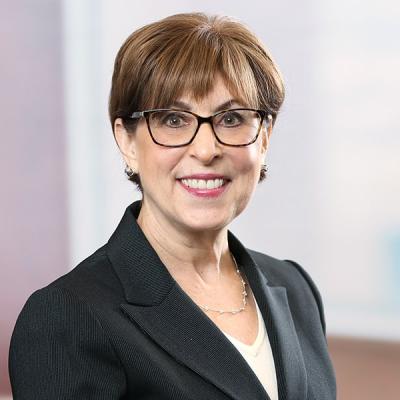FCC Chairman Proposes Plan to Implement CARES Act Funding for Telehealth Program
On Monday, the Chairman of the Federal Communications Commission (FCC), Ajit Pai, circulated a plan to his fellow Commissioners detailing how the $200 million the agency will receive via the CARES Act should be deployed for a telehealth program to combat COVID-19. The telehealth program will enable eligible healthcare providers to purchase telecommunications equipment, broadband connectivity and information services, and devices necessary to provide telehealth services to beneficiaries. The increased access to the tools needed to provide care via telehealth will allow COVID-19 patients to receive care while reducing opportunities for further exposure.
The Chairman’s proposal must receive 3 out of 5 votes to pass. If it does, the FCC will accept applications and award funds to beneficiaries on a rolling basis until the funds are exhausted or the current pandemic ends.
The Chairman also proposed final rules to stand up the Connected Care Pilot Program introduced by the FCC back in July of 2019. The Connected Care Program – which will make available up to $100 million in funding from sources separate from the budgets of the existing Universal Service Fund programs and the COVID-19 Telehealth Program – will help defray the cost of providing telehealth care to patients in their homes or mobile locations. Telehealth services will be prioritized for low-income Americans and veterans.
The Commissioner asked the FCC to vote promptly on his proposal, in hopes of making telehealth funding available to applicants as soon as possible. This funding, along with efforts to expand the use of telehealth through changes to Medicare and Medicaid coverage rules and state professional licensing laws, helps to ensure that telehealth services will become a regular part of our care delivery system.


